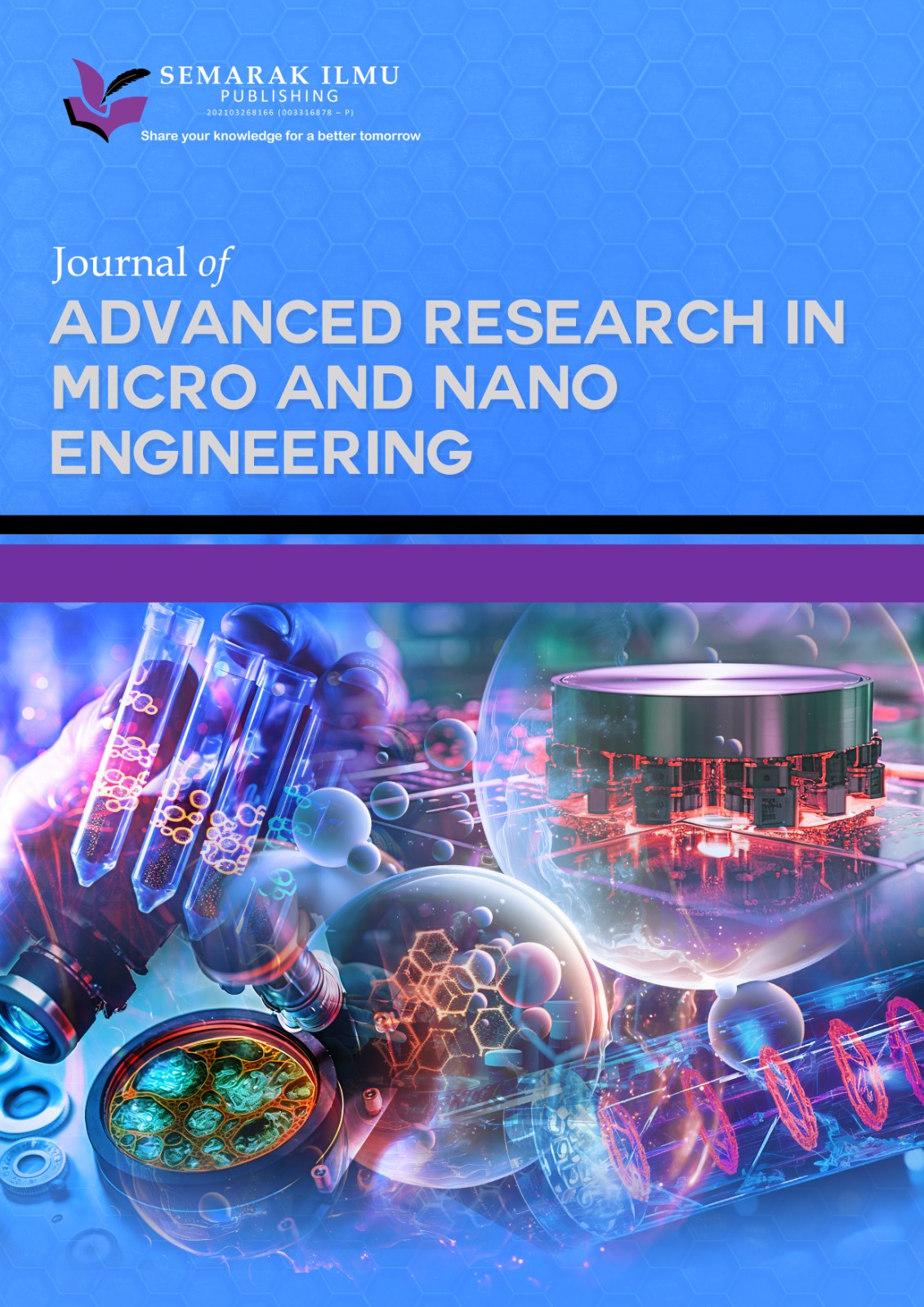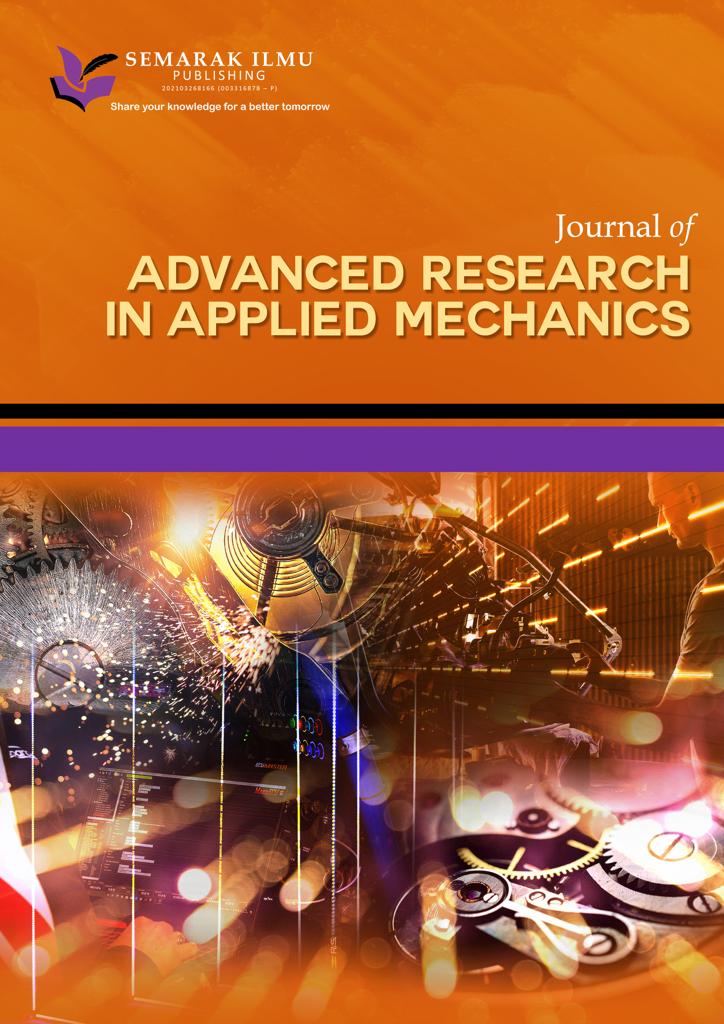Decontamination of Organophosphates: Efficacy of Oxime Incorporated Palm Oil based Liquid Soaps for Methyl Parathion Neutralization
DOI:
https://doi.org/10.37934/arfmts.121.1.188201Keywords:
Decontamination, organophosphate, oximeAbstract
Organophosphates (OPs) are a group of poisonous chemicals that are commonly used as pesticides and at times as chemical weapons. Decontamination of these compounds from the contaminated surfaces is an important step in their poisoning incident management but techniques that are commonly used currently, washings with soap solutions are not effective as the contaminants are still active in the waste solutions. Addition of an active ingredient such as an oxime which acts as a nucleophile in the soap solutions will enhance the ability of the washing liquids to hydrolyse OPs to convert them into innocuous compounds. This article describes a procedure to synthesize and characterize oxime-incorporated palm oil-based liquid soaps with an oxime concentration in the range of 0.05–1% and the results of their evaluation for their decontamination efficacy to degrade the OPs into non-toxic compounds. The soaps were formulated from palm oil and stable with the pH of 11.0, which is within the pH range for decontamination purposes. Upon mixing the soap solutions with Methyl Parathion (MP), the MP degrades slowly with the formation of p-nitrophenol (p-NP) after 24h which appears at peaks 400nm of the UV-Visible spectrum. However, in the presence of 2-pyridine aldoxime methiodide (2-PAM) with concentrations of 0.05% to 1.0%, the degradation is immediately observed involving the 2-PAM/MP complexation, in addition to the formation of p-NP after 24h. Furthermore, with the concentration of 2-PAM of 0.5% to 1.0%, the degradation does not produce p-NP but dimethylthiophosphate (DMPT) suggesting that the oxime content in the soap is sufficient to neutralise the MP. Based on the above findings, it can be concluded that the addition of the 2-PAM at the right concentration into the soaps significantly enhances their ability to efficiently decontaminate MP.
Downloads



























